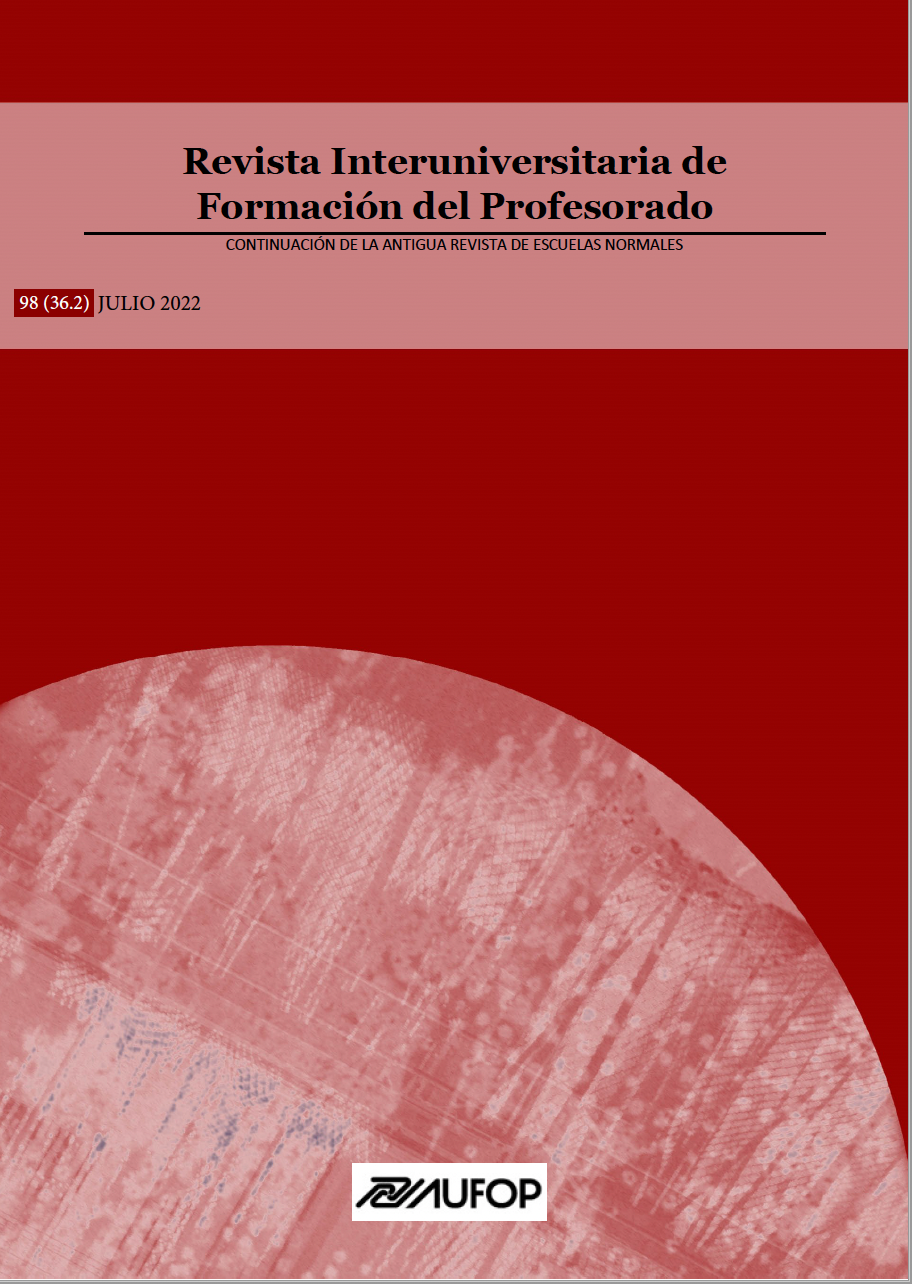Computational thinking in early childhood education: an analysis through the Computer Science Unplugged
DOI:
https://doi.org/10.47553/rifop.v98i36.2.94881Abstract
There has been an increased determination to introduce coding and computational thinking early in education. So, programming has progressively grown and got an essential focus in European education following international trends. This idea of introducing computer programming into the classroom it’s not recent; it came in 1960 by the investigations of Seymour Papert. The potentialities of teaching children's programming languages as an incubator of powerful ideas started in that decade, but it extended and continues to be used nowadays in a vast way. The programming was used to engage children in new ways of thinking, but much more critical than that, putting the student in a role to think about the thinking process. So with this context in mind, we aim to present a series of important ideas that rule the way that Computational Thinking could be applied inside of the Pre-School classroom. For that, we identify in this research the strategies and methodologies that allow teachers to implement these activities with children. Stating good practices and tools, pointing out some tips and ideas on designing projects in Pre-School Education that will allow the working of the computational thinking with the students of the XXI century.
Downloads
Published
How to Cite
Issue
Section
License
The "Revista Interuniversitaria de Formación del Profesorado (RIFOP)", with ISSN print 0213-8646 and ISSN electronic 2530-3791), adheres to the copyright notices proposed by Creative Commons
Authors’ rights
Papers published in the journal are subject to the following terms:
1. The Asociación Universitaria de Formación del Profesorado (AUFOP) is the editor of the RIFOP and holds the copyright of the papers published therein. The reuse of these is allowed under the license for use as indicated under point 2.
© Asociación Universitaria de Formación del Profesorado (AUFOP)
2. The papers are published in electronic version under the license CreativeCommons Reconocimiento-NoComercial-SinObraDerivada 3.0 España (texto legal). Papers can be copied, used, disseminated, transmitted and publicly exhibited provided that: i) the authorship and original publication source are cited (journal, editors and URL of the paper); ii) they are nit used for commercial gain; iii) the existence and specifications of the license for use are mentioned.
3. Auto-archiving conditions. Authors are allowed and encouraged to disseminate electronic pre-print versions (versions prior to peer review) and/or post-print (versions reviwed and accepted for publication) of their papers prior to their publication, since this favors prompt circulation and dissemination and supposes a possible increase in cites and scope within the academic community.
Privacy declaration
The names and email addresses incorporated into this journal will be used solely for the declared purposes of the journal and will not be available for any other purposes or to third parties.






